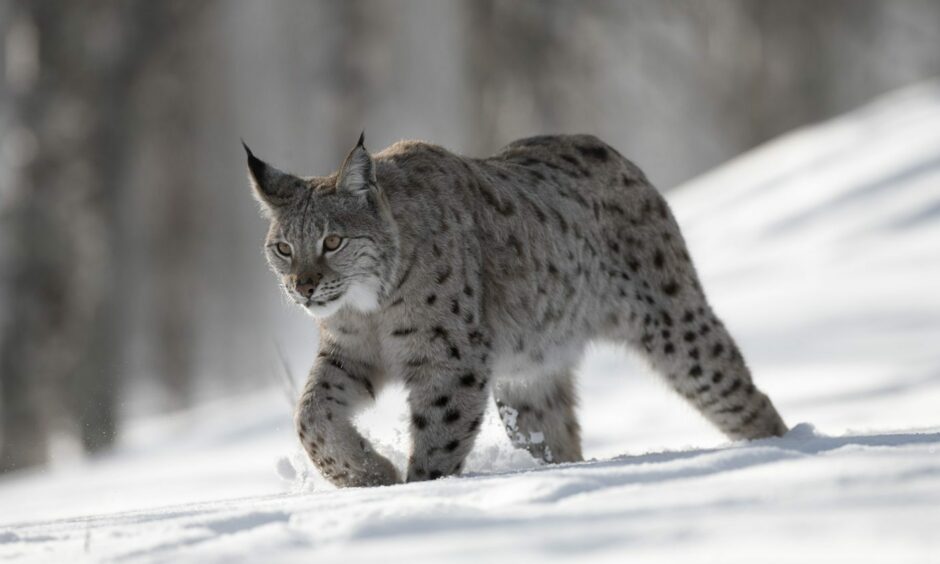
Much like the wolf, talk of bringing the lynx, another predator, back to Scotland inspires plenty debate.
The wild cats were once native to Britain, but were driven to extinction 500 to 1,000 years ago.
While they have been successfully reintroduced in several European countries, including Germany, Switzerland and France, the idea of bringing them back to the UK splits opinion.
Viability studies suggest that the Highlands of Scotland are capable of supporting 400 lynx, which likes to dwell in woodland and rocky areas.
The Lynx to Scotland partnership, made up of rewilding groups Trees for Life, Scotland: The Big Picture and the Lifescape Project, want to see a trial reintroduction of the species.
The group’s 2021 study, which engaged with communities in the Cairngorms National Park and Argyll, found that there was enough positive interest for more “exploration” to be carried out.
Some gamekeepers and farmers argue that the predators could devastate farm animals, while conservationists speak of biodiversity benefits they would bring.
This includes keeping deer populations in check.
‘No reason at all’ that Lynx should not return
Wildlife photographer and conservationist Peter Cairns has defended the species.
He said: “Ecologically speaking, there’s no reason at all that the lynx should not return to Scotland.
“We know that top predators, like lynx, play a vital role in maintaining healthy living systems.
“Studies suggest that, for example, the Highlands could support around 400 wild lynx.
“There’s no reason that if lynx came back tomorrow they wouldn’t earn a good living.
“The debate is really around people, and their values and belief systems.”
Peter continued: “Practically speaking, Scotland has more woodland deer than any other European country.
“They’re costly to manage, culling, fencing, traffic accidents and such.
“Lynx effectively provide a year round cost effective deer management services in many ways.”
‘Lynx will kill sheep, there’s no point in glossing over that’
Peter said: “Lynx do not pose a danger to human beings, they’re not an animal that’s aggressive – they don’t want to come anywhere near us.
“But there will be an impact on people – good or bad.
“They would enhance the attraction of Scotland. But there are negatives. Lynx will kill sheep, there’s no point in glossing over that.
Well, we have to ask ourselves, what kind of Scotland do we want to live in?”
Peter Cairns, executive director of Scotland: The Big Picture
“I suppose the question society has to ask itself is what is an acceptable level of predation on sheep? And of course, if you’re a sheep farmer, you would say, zero.
“There could also be predation on pets, in extreme cases.
“But we have to ask ourselves what is our level of tolerance?
“What kind of Scotland do we want to live in?”
He continued: “Daily on the news now we’re seeing floods, we’re seeing wildfires, we’re seeing droughts. It’s terrifying really.
“Lynx are a spectacular animal. There’s no question about that, They would have a significant impact in the landscape, but they’re only one part of that system.
“And really, what rewilding is about is, is restoring and revitalising degraded living systems.
“So ultimately leading to ecosystem help function and completeness. So lynx are a part of that.
“Every scientific sector across the planet almost would concur that climate breakdown is inextricably linked with the loss of biodiversity and the living processes that go with that.”
Lynx in Scotland would require compensation and licensing
Rory Kennedy, director of the Game and Wildlife Conservation Trust Scotland has mixed feelings about the lynx.
Members of groups such as the National Farmers Union Scotland adamantly oppose the reintroduction of both the lynx and the wolf.
Rory’s views are more nuanced, and he says there are both negatives and positives to bringing the lynx back to Scotland.
He said: “I think in general, the risk [to sheep] is overstated.
“But if you’re a farmer that is impacted, then it’s really important that there is some sort of compensation scheme and some sort of way of legally managing lynx that has become habituated onto the fact that the sheep are easy prey.”
Lynx return would not be ‘silver bullet’ for climate emergency
However, he does not think that the lynx would bring with it a key to tackling the climate emergency.
He said: “I think the rewilders have this belief that you release the lynx and all of a sudden, it’s a silver bullet.
“We need to look at outcomes rather than ideology.
“We live in a world where we need human intervention on land management.
“Trying to avoid managing land doesn’t necessarily have the best outcomes. In fact, in most cases, for our most vulnerable species, it’s the death knell.
“And the people that won’t do anything about predation will use this as a smokescreen for not doing anything on predation.”
Rory continued: “I think it could be good for tourism in certain parts of Scotland and I think we do have an obligation to look at species that have been been extinct.
“But that’s with the big caveat of saying, has the world moved on from not managing our land?
“I’m not saying it’s impossible to be ready for [the lynx], but it will take a lot of money, a lot of retraining, including asking farmers that are on marginal businesses at the present moment to suddenly invest a lot more time and effort into it.”

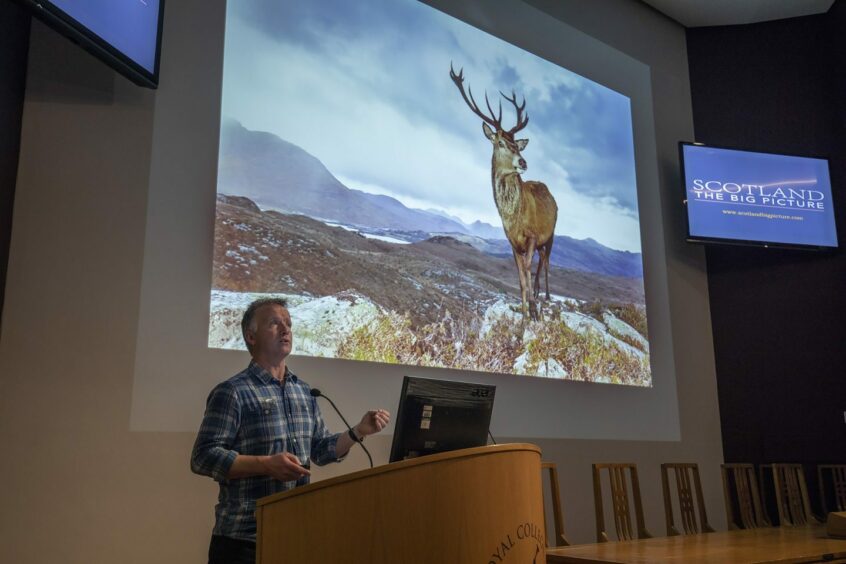
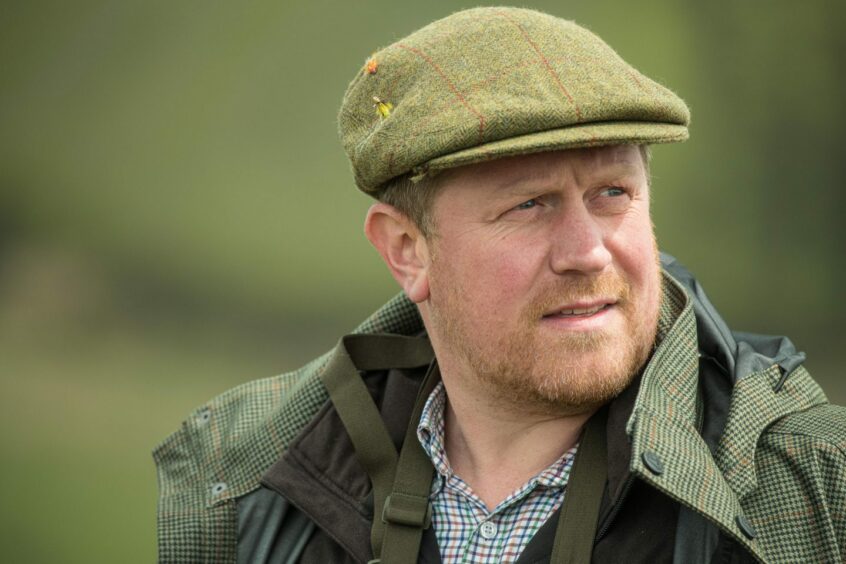

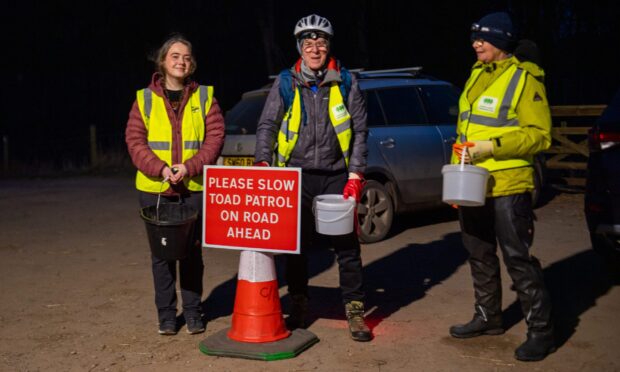
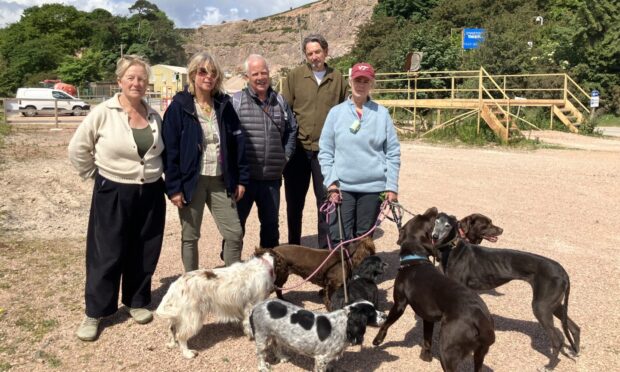








Conversation